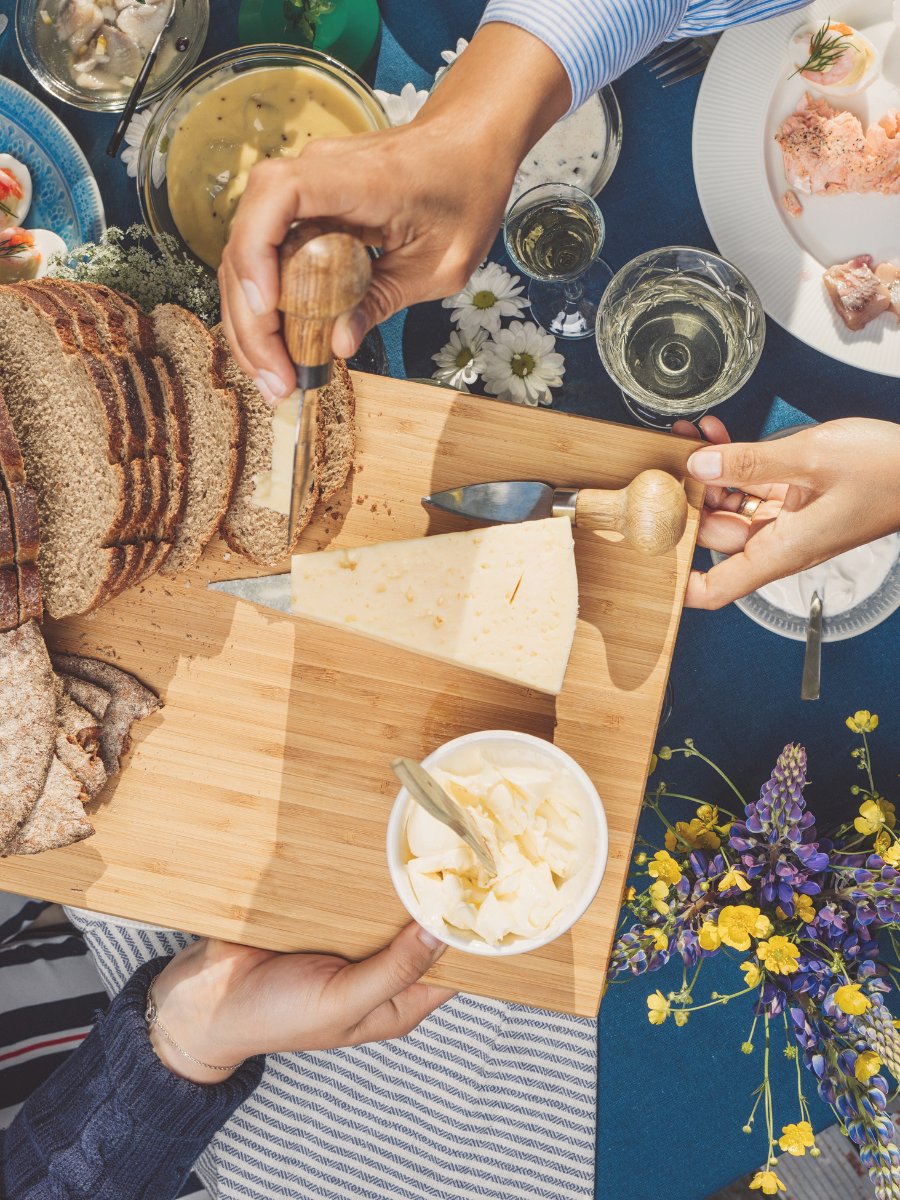With the New Year fast approaching, this is naturally the time when many of us reflect on our goals and intentions for the year ahead.
But before you make any commitments that fall by the wayside by the time Valentine’s day rolls around, let’s make this year different.
Many people commit to losing weight, starting a new exercise routine, eating healthier, giving up sugar, ditching alcohol, etc.
When it comes to commitments like these ones, they’re often very surface level.
It’s important to get clear on what we’re *actually* committing to, or we risk quitting altogether when things feel hard.
When you dig deeper, below the surface of the commitment, you begin to see that there’s a whole other layer that goes unacknowledged when we only take it at face value.
Let’s use the example above of “giving up sugar” (since I know many of us are likely over it at this point, after a few too many holiday indulgences).
In committing to “give up sugar”, most people believe that this means eliminating sugar from their diet. In order to be successful, all they have to do is say “no thank you” to the cookie platter or pass on their morning scone.
But saying “NO” to the sugar is only a part of the commitment (the surface level part).
Here’s what you’re also committing to (using the sugar example above):
1) Discomfort
Just because you’re committed doesn’t mean those cravings and urges will automatically vanish into thin air. Instead, when you don’t reward them with something sweet, be prepared to feel uncomfortable (without the buffer). Please don’t make it mean that something has gone wrong, that it shouldn’t be happening, or that you have no willpower.
When you commit to giving up sugar (or giving up any other deeply ingrained habit), know that you’re also signing up for discomfort – short term “pain” for long term gain.
2) Being a Human (letting go of perfection)
Anyone can decide to “give up sugar”; following through on that commitment is another thing altogether.
Expect that your motivation might start to wane as the weeks go by. Throw in a stressful day at work or an upsetting event in your life, and suddenly that ironclad willpower needs a break. Sure, maybe you can depend on it for a few weeks, but indefinitely? Willpower is like a muscle; the more you use it, the more it fatigues.
Be realistic. Plan some exceptions if necessary, or create some parameters that take into account that you’re likely going to want to eat something sweet again at some point.
Also, please don’t rely on outside sources for your motivation (i.e. your friend, a number on the scale); learn how to create it yourself.
3) Having your own back
There’s going to come a time when we do “slip” up and eat the cookie. This moment is critical because what we do next will determine our future success. Are you going to beat yourself up and spiral down into a shame and guilt cycle, throw in the towel and have a sugar binge, only to “start fresh” again tomorrow?
Part of the commitment is being kind to ourselves when you do “slip up,” loving ourselves anyway and continuing to work toward our goals (and not give up on them) while recognizing that we’re only human and that progress is better than perfection.
What are you truly committed to in 2021?
Wishing you a happy and magical New Year!
Elaine

Hi! I’m Elaine, a Certified Nutritionist and Master Certified Health Coach. I support women in achieving their health and body goals while prioritizing a peaceful and balanced relationship with food.

Get a free copy of my handbook!
The Elegant Eating Handbook: Timeless Strategies for Lasting Weight Loss and a Peaceful Relationship with Food.
share with friends
keep reading...





[…] No more breaking commitments to yourself when you have no problem upholding them to other people. […]
[…] though, doesn’t mean that it’s going to be smooth sailing (I spoke about this in my blog post a few weeks back). It often feels challenging, uncomfortable, and […]
[…] to losing “30 pounds” or getting to your “ideal weight,” for instance, you commit yourself to the process of getting to that outcome […]